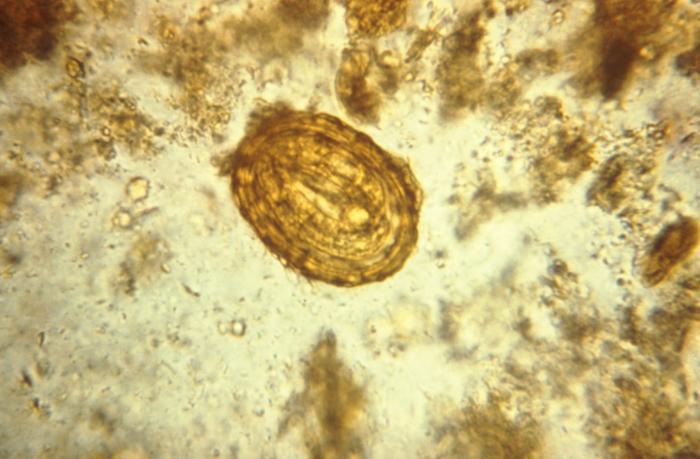Myeloid growth factors
- Granulocyte colony stimulating factor (G – CSF) – Filgrastim
- Granulocyte macrophage colony stimulating factor (GM – CSF) – Sargramostim
Recombinant form of granulocyte CSF is Filgrastim, which is produced in bacterial expression system. It is also available in conjugated form peg filgrastim, which has longer half life.
GM-CSF has recombinant form, Sargramostim, produced in yeast expression system.
There is slight difference between the biological activities of the two.
|
G-CSF |
GM-CSF |
| Proliferatin and differentiation of myeloid cells | Broader biological activity, can cause proliferation and differentiation of myeloid, erythroid and megakaryocytic cells |
| Mobilizes stem cells and increases their concentration in peripheral blood | Mobilize stem cells and increase their concentration in peripheral bloodIn addition, stimulates neutrophils |
Uses:
- Neutropoenia with cancer chemotherapy –can decrease the duration of neutropoenia
a) Increase Nadir count
b) Decrease episodes of febrile neutropoenia
c) Decrease requirement of broad spectrum antibiotics
d) Decrease hospital stay of patient
- Neutropoenia due to Myelodysplasia
- Neutropoenia due to Aplastic anemia
- Patients with non-myeloid malignancies having stem cell transplantations
- Mobilization of peripheral blood stem cells
Adverse Effects
- Bone pains
- Splenic rupture
- GM-CSF –fever, arthralgias, allergic manifestations, pleural, pericardial effusions, peripheral edema, capillary leak syndrome
Megakaryocytic growth factors
- Interleukin II –protein produced by fibroblasts and stromal cells in bone marrow.
- Operlvekin –is the recombinant form of interleukin II.
- Thrombopoietin –produced in liver by hepatocytes, that is why in cirrhosis of liver and thrombocytopoenias, it is decreased.
Proliferation & differentiation of myeloid, megakaryocytes & lymphoid cells is under the influence of megakaryocytic growth factors. They can:
- Stimulate megakaryocytic progenitors
- Stimulate mature megakaryocytes
- Even stimulate mature platelets for responding to stimulus.
Uses
Thrombocytopoenias due to cancer chemotherapy and due to stem cells transplantation.
They increase platelet count, decrease requirement of platelet transfusions. They are to be given 6-24 hours after chemotherapy and continued for 14-21 days or till the platelet count rises.
Adverse effects
- Headache
- Dizziness
- Dypsnoea
- Arrhythmias
- Hypokalemia
All changes are reversible.
 howMed Know Yourself
howMed Know Yourself




